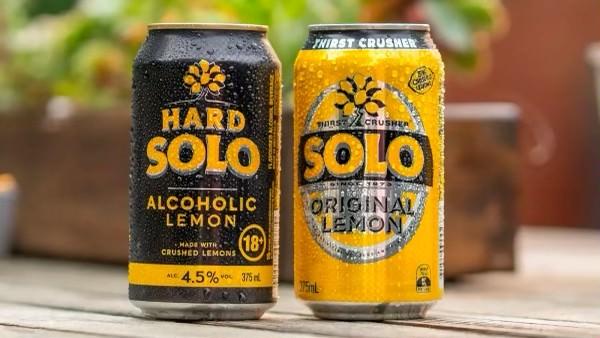Australian alcoholic beverage Hard Solo has been forced to rebrand itself to Hard Rated after the marketing regulator found that the drink had a strong appeal to teens.
Hard Solo is the new version of the popular lemon-flavoured soft drink Solo with an alcoholic twist of vodka.




